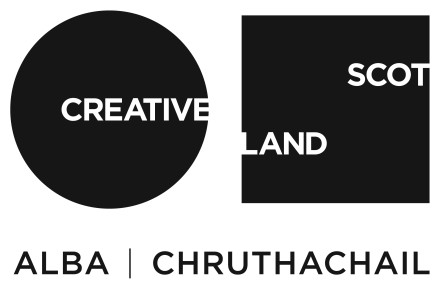This special residency involves tutors and students from the MSc Ecological Economics programme at the University of Edinburgh and Scotland’s Rural College. Developed in collaboration with Cove Park, this residency includes facilitated artist-led creative workshops.
Ecological Economics is an interdisciplinary field that has emerged over the past half a century to critically examine how our economic systems might be changed to work better with our ecological systems. This perspective has grown out of recognition that the material resources on this planet are finite; there are biophysical limits to economic growth. From this starting point, Ecological Economics asks a wide range of questions about economic systems; how can society’s basic needs be met to improve societal wellbeing within such limits? How do we ensure resources are allocated efficiently and distributed in a just and equitable manner? This perspective of Ecological Economics then represents a fundamental departure from the assumptions of more conventional, neoclassical economics.
Further to this Ecological Economics embraces a wide range of disciplines from natural scientists (ecologists, biologists etc.) to social scientists (economists, geographers, business management, political theorists) and even the Arts and Humanities. Working together at Cove Park – which brings artists together with academics and researchers on projects focussed upon the climate crisis – therefore presents an exciting occasion for many of the programme’s students. Despite the academic and cultural diversity amongst our cohort, they are all brought together through common interests around questions of what a sustainable economy might look like and how can we get there. A key part of exploring these questions is being able to effectively communicate and engage diverse audiences, which is something they will especially be thinking about this summer with the findings of their dissertation projects. This is where we feel the Arts and Humanities can be particularly transformative, in not just challenging imaginations as to how we humans view our place in the world but also how we communicate with one another and reveal how social-ecological systems could be different in the future.
We are grateful to the lead tutors Corinne Baulcomb, Joana Ferreira, Alex Lemery, and Seb O’Connor.
Images clockwise from left: Corinne Baulcomb, Joanna Ferreira, Seb O’Connor, Alex Lemery.
